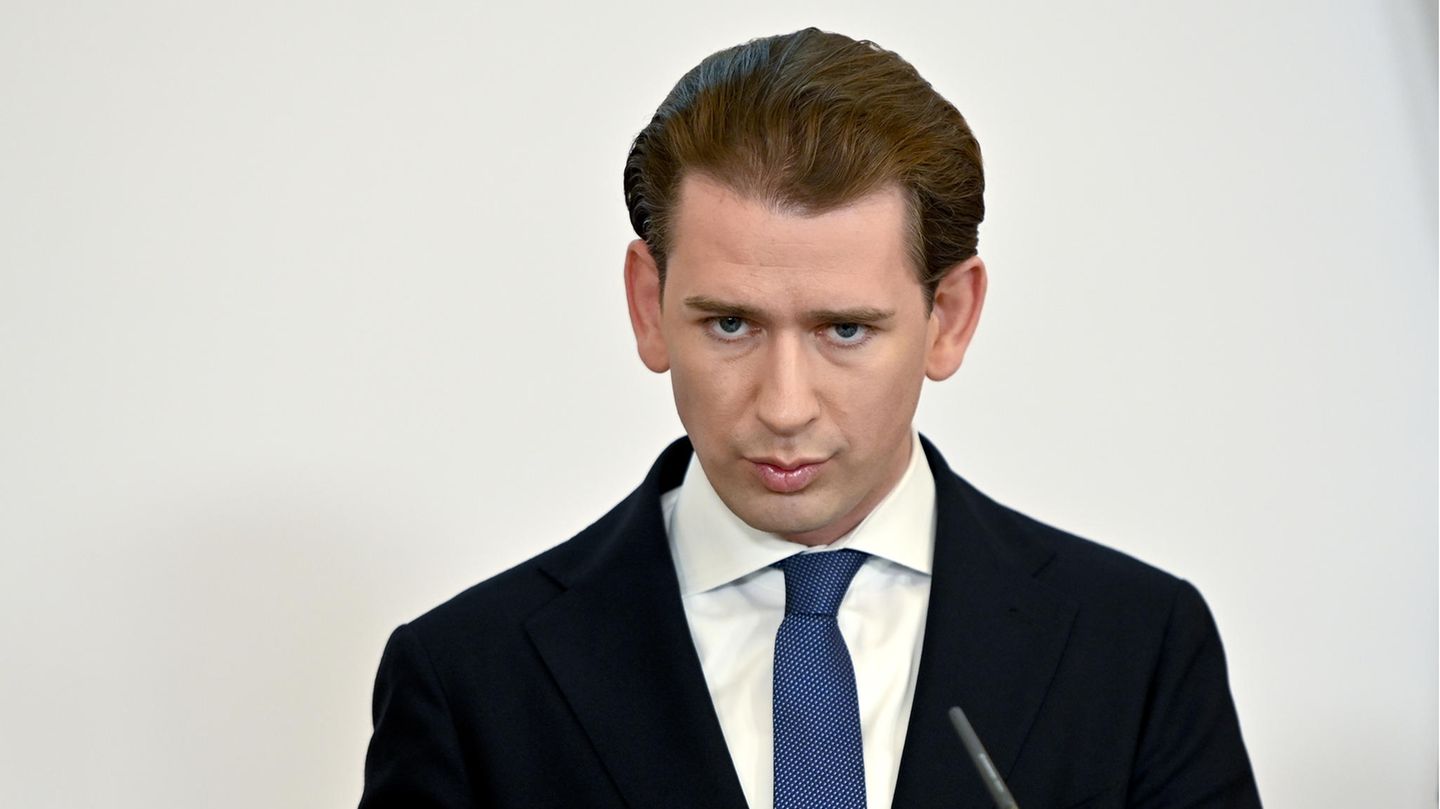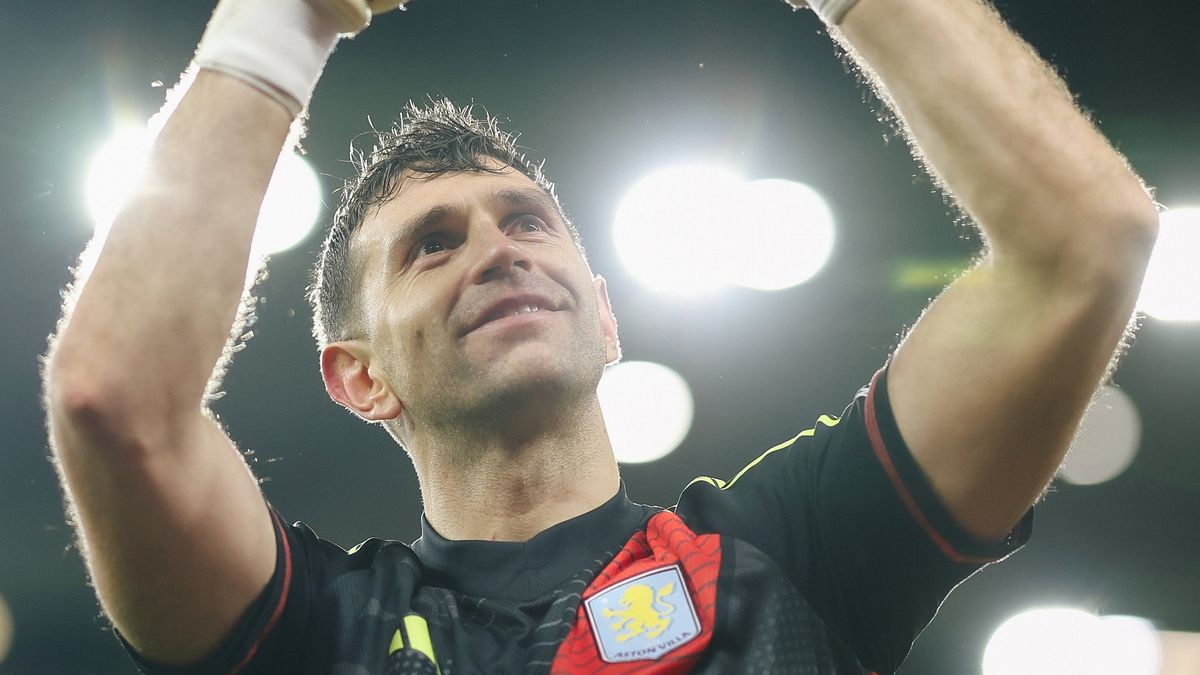For a long time, Austria’s Chancellor Sebastian Kurz was considered a poster boy for the new conservatives. Now the offices of his closest employees have been searched on suspicion of breach of trust and aiding and abetting bribery.
Markus Huber
It was Wednesday evening shortly after 10 p.m. when Austria’s Chancellor Sebastian Kurz actually sat down for a live interview on Austria’s most important news program on ORF to talk about the day’s allegations. That was an unusual move in itself. Even more unusual, however, was that Kurz did not have a convincing story to tell in this television appearance, but did little more than deny the allegations that were made during the day.
Everything fake, everything an evil campaign by the public prosecutor who wanted to get rid of him, Kurz said in an interview. He didn’t look really good doing it though, his voice kept falling. Kurz, who was usually in top form, especially in times of crisis, looked strangely fidgety, almost insecure. “I think it was not a good idea to go to ZiB2. Too early, too little clear situation, too much not easy to explain, no appearance for a Chancellor,” commented a former Social Democratic Chancellor spokesman on the appearance on Twitter.
And the man wasn’t entirely wrong. At the time of the television interview, it was just 14 hours since investigators from the Vienna Corruption Prosecutor’s Office pelted the ÖVP party headquarters, some offices in the Chancellery and the ÖVP-run finance ministry. The raid was directed against Sebastian Kurz’s closest circle: his chief advisor, his media strategist and his current press officer.
Helped with the career jump
Well, the Austrians have got used to raids around the ÖVP Chancellor in the past few months. What was more surprising, however, was that this time it was about a new allegation. The prosecutors believe that they have found indications of infidelity and corruption in connection with advertisements in the cell phone evaluations of past raids. According to the public prosecutor’s office, Kurz employees are said to have commissioned courtesy surveys, which they then passed on to a large tabloid newspaper.
With advertisements worth over one million euros, the newspaper is said to have been persuaded to publish the surveys. All of this took place in 2016, when Kurz was neither chancellor nor ÖVP boss, but was already working hard on his further career behind the back of the then ÖVP boss. Both the advertisements and the surveys were paid for by the Ministry of Finance, in which a close confidante was general secretary. Fake invoices were issued for the surveys. If the Treasury Department accepted this, that would be very uncomfortable in itself. But it is doubly stupid that tax money is said to have been used for party agendas. And that would be a bit too much, even by Austrian standards.
Criticism from the media – Austria’s Chancellor does not know that
Kurz denied all entanglements in the ORF interview and explained that employees of the Ministry of Finance have done something for which he could not do anything. But even if Kurz doesn’t actually appear in the chat logs on which the raid is based, the picture is pretty devastating. It was well known that Kurz spared no one during his ascent and cleared away internal party enemies ice-cold. But that he did not shrink back from towering surveys and used taxpayers’ money to place these surveys, that is a great deal. This earned him massive criticism for the first time, even from the normally friendly media.
Today in Vienna all the media have short calamities on the front page, and nowhere does it go well. “His Ibiza” was the headline of the Kleine Zeitung, alluding to the drinking and chatting orgy on the Balkan holiday island, which flushed FPÖ Vice Chancellor Heinz-Christian Strache out of office two years ago – while the “little one” is one in her own right chancellor-friendly bourgeois sheet. The “Krone” was also criticized in the regional newspapers from Vorarlberg to Salzburg, and even in the “Kurier”, which is something like the central organ of the Austrian chancellor’s reporting. The author commented laconically in the editorial: “It will be very tight for the Chancellor.”
This is new territory for Kurz, he doesn’t know anything like that. Until recently, he still liked his role as the poster boy of the new conservative, as the one that the CDU could take as an example. Whenever any Union politician in Germany declared that the CDU needed someone like Kurz, its spokesman was eager to ensure that every Austrian journalist actually saw this quote. Not that Austria was too small for him, but good headlines at Springer were important for Kurz since he took office, perhaps also because he had the Austrian media under control anyway.
Coalition without a short?
There can be no more talk of that in this story. He is not familiar with such headwinds as these days, which is perhaps also due to the fact that his most important communications workers, who kept contact with the media, have been under special observation since Wednesday morning (and have no work cell phones). But it is certainly also due to the fact that the accusation that Kurz could have bought pleasant reporting directly from the second largest tabloid medium in the country is a new quality of the accusations. After all, it is not about false testimony before an underground committee, but about corruption and bribery, for which there are real prison sentences in the event of a conviction.
It will now be exciting to see how his coalition partner behaves. In any case, there was clear criticism from the Greens on Wednesday, from the Vice Chancellor downwards. Even if the Greens reportedly have little interest in new elections, there are apparently already considerations as to whether and how the coalition could continue without Sebastian Kurz.
The question remains whether the ÖVP wants that. Because since the ÖVP took over shortly there has been no such thing as rivals within the party. He has successfully gotten them out of the way since he came to power. With legal means. At least that’s what they thought so far.
David William is a talented author who has made a name for himself in the world of writing. He is a professional author who writes on a wide range of topics, from general interest to opinion news. David is currently working as a writer at 24 hours worlds where he brings his unique perspective and in-depth research to his articles, making them both informative and engaging.




